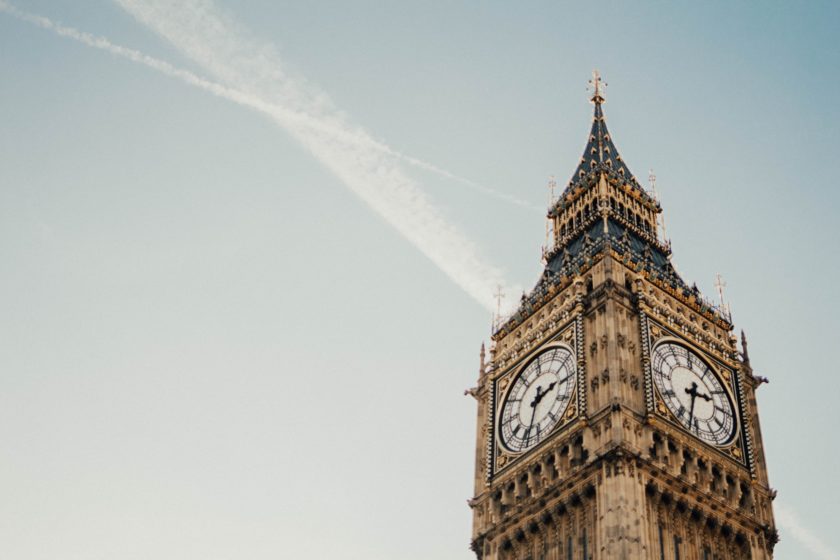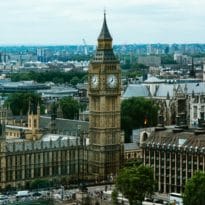Chancellor Rishi Sunak is coming under increasing pressure to help UK families in this month’s Spring Statement as the cost of living continues to spiral.
Inflation is currently sitting at its highest rate in three years, and on top of the economic challenges of the pandemic, Sunak will also have to face up to the huge implications of the war in Ukraine.
National Insurance hike
The government is facing a barrage of calls to defer April’s 1.25% National Insurance increase for individuals and employers, which is set to cost the average worker £250 a year.
Sean McCann, chartered financial planner at NFU Mutual, said: “There is growing pressure on the Chancellor to delay an increase which will leave the vast majority of workers with less money in their pocket at a time of skyrocketing energy bills.
“Delaying the rise by at least 12 months would also be welcomed by business owners who face the prospect of paying more National Insurance at a time of rising costs in other areas like fuel and materials. If the hike does go ahead, employees and businesses can reduce the impact by paying more into their pensions using salary sacrifice.”
However, Shaun Moore, financial planning expert at Quilter, believes a u-turn from the government is highly unlikely.
Moore said: “National insurance is paid by everyone under state pension age so scrapping the hike would be a saving to everyone regardless of income level. In fact, higher earners would benefit more from the hike being delayed. It therefore seems likely the government would opt instead for a more targeted fiscal measure that would have a greater impact on lower earners and those more vulnerable to energy price hikes.”
Tax freezes
Steven Cameron, pensions director at Aegon, says the Chancellor may look to revisit last April’s tax freezes, including the pensions ‘lifetime allowance.’
Cameron explained: “While in the past such ‘stealth tax’ measures have often gone unnoticed, in the current climate of rampant inflation they will have a major adverse impact on an increasing number of people. The Chancellor could not have foreseen the events which have led to inflation rising sharply and may wish to revisit this approach in his Spring Statement, perhaps by increasing allowances or committing to end the freeze before the planned five-year term.”
While the lifetime allowance was designed to limit the amount of pensions tax relief for the wealthy, Cameron says the freeze is now increasingly impacting the not-so-wealthy, particularly those with defined benefit pensions, resulting in many more individuals potentially facing an unexpected tax penalty.
McCann has also called upon the government to consider raising the personal allowance, which is currently frozen at £12,570 until 2026. McCann says increasing it in line with inflation would move it up to £13,261 but even moving it up to £13,000 would help millions of people.
Fuel duty
The Government is also facing calls to reduce fuel duty, with fuel prices hitting record highs in recent weeks.
Fuel duty has been frozen for many years and currently stands at 57.95p per litre so industry commentators note that there is scope to reduce it.
Over-50s support
Cameron has urged the government to use the Spring Statement to provide more support to the over-50s following the end of the furlough scheme. It follows data which revealed that the number of over-50s leaving the workforce spiked during the pandemic.
Cameron said: “The government must take urgent action to make sure the UK doesn’t lose their huge skills and experience by making it easier for them to choose to return to the workforce. The government previously announced it was granting specific support to the over 50s following the end of the furlough scheme and we would like to see more detail and much more action here.
“It’s particularly important that those who do want to continue to work into their late 50s and 60s have the opportunity to do so. Many will have been relying on these later years to boost their private or workplace retirement savings and the State Pension doesn’t kick in until age 66, shortly to increase to 67. Continuing to work and save into a pension until State Pension age rather than starting to take a pension income as early as 55 can make a huge difference to an individual’s lifestyle in retirement.”






























